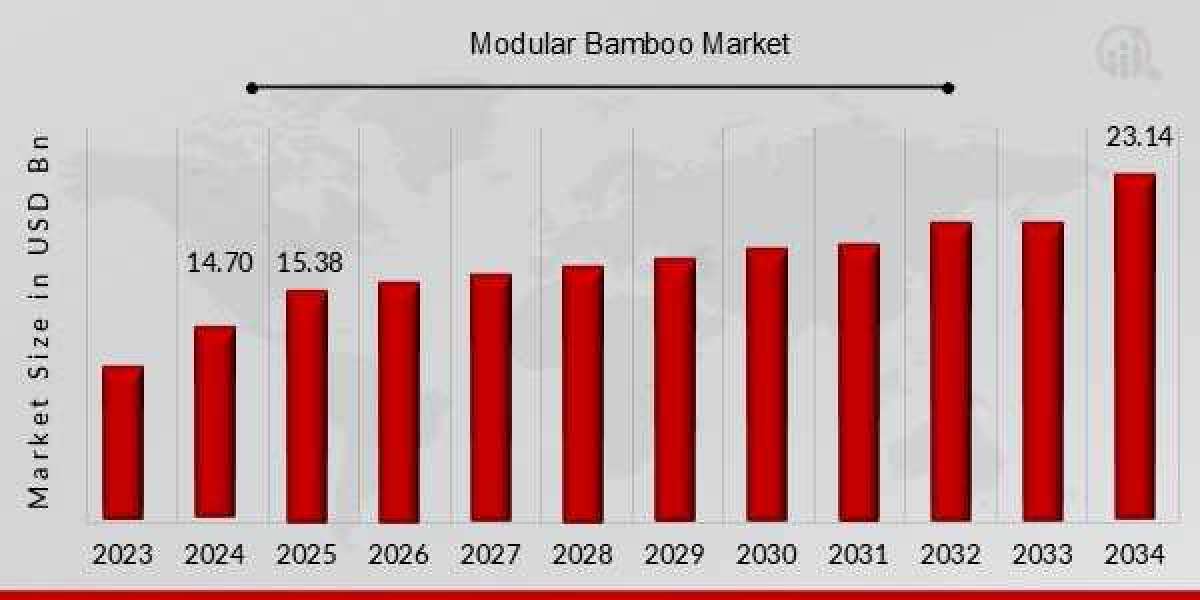Understanding Modular Bamboo
Modular bamboo refers to prefabricated components made from bamboo that can be easily assembled and disassembled. These modules are designed to fit together seamlessly, offering flexibility in construction while leveraging bamboo's strength, versatility, and sustainability. Applications of modular bamboo span various sectors, including residential, commercial, and industrial construction, as well as furniture and interior design.
Market Drivers
Several factors contribute to the growth of the modular bamboo market:
- Sustainability and Environmental Benefits: Bamboo is a rapidly renewable resource with a high growth rate, making it an eco-friendly alternative to traditional timber. Its cultivation requires minimal pesticides and fertilizers, and it has a significant carbon sequestration capacity, aiding in climate change mitigation.
- Government Initiatives: In countries like India, government programs such as the National Bamboo Mission 2025 aim to expand bamboo cultivation and strengthen industry linkages, thereby boosting the bamboo sector.
- Growing Construction Industry: The increasing demand for sustainable and cost-effective building materials in the construction industry propels the adoption of modular bamboo components.
Market Segmentation
The modular bamboo market can be segmented based on product type, application, and end-use industry:
- Product Types: Panels, beams, boards, and others.
- Applications: Flooring, ceilings, furniture, and other interior and exterior design elements.
- End-Use Industries: Residential, commercial, and industrial sectors.
Among these, the residential segment holds a significant market share, driven by the increasing popularity of eco-friendly homes and sustainable construction practices.
Challenges
Despite the positive outlook, the modular bamboo market faces certain challenges:
- Quality Control: Ensuring consistent quality in bamboo products can be challenging due to variations in raw material properties.
- Processing Techniques: Advanced processing technologies are required to enhance the durability and performance of bamboo modules, which may involve significant investment.
- Market Awareness: Limited awareness and acceptance of bamboo as a mainstream construction material in some regions hinder market penetration.
Future Outlook
The modular bamboo market is poised for steady growth, driven by increasing environmental awareness, technological advancements in bamboo processing, and supportive government initiatives. As consumers and industries continue to prioritize sustainability, modular bamboo is expected to play a pivotal role in the future of eco-friendly construction and design.
In conclusion, the modular bamboo market offers promising opportunities for stakeholders across the value chain. By addressing existing challenges and leveraging growth drivers, the industry can contribute significantly to sustainable development goals while catering to the evolving demands of the construction and design sectors.







